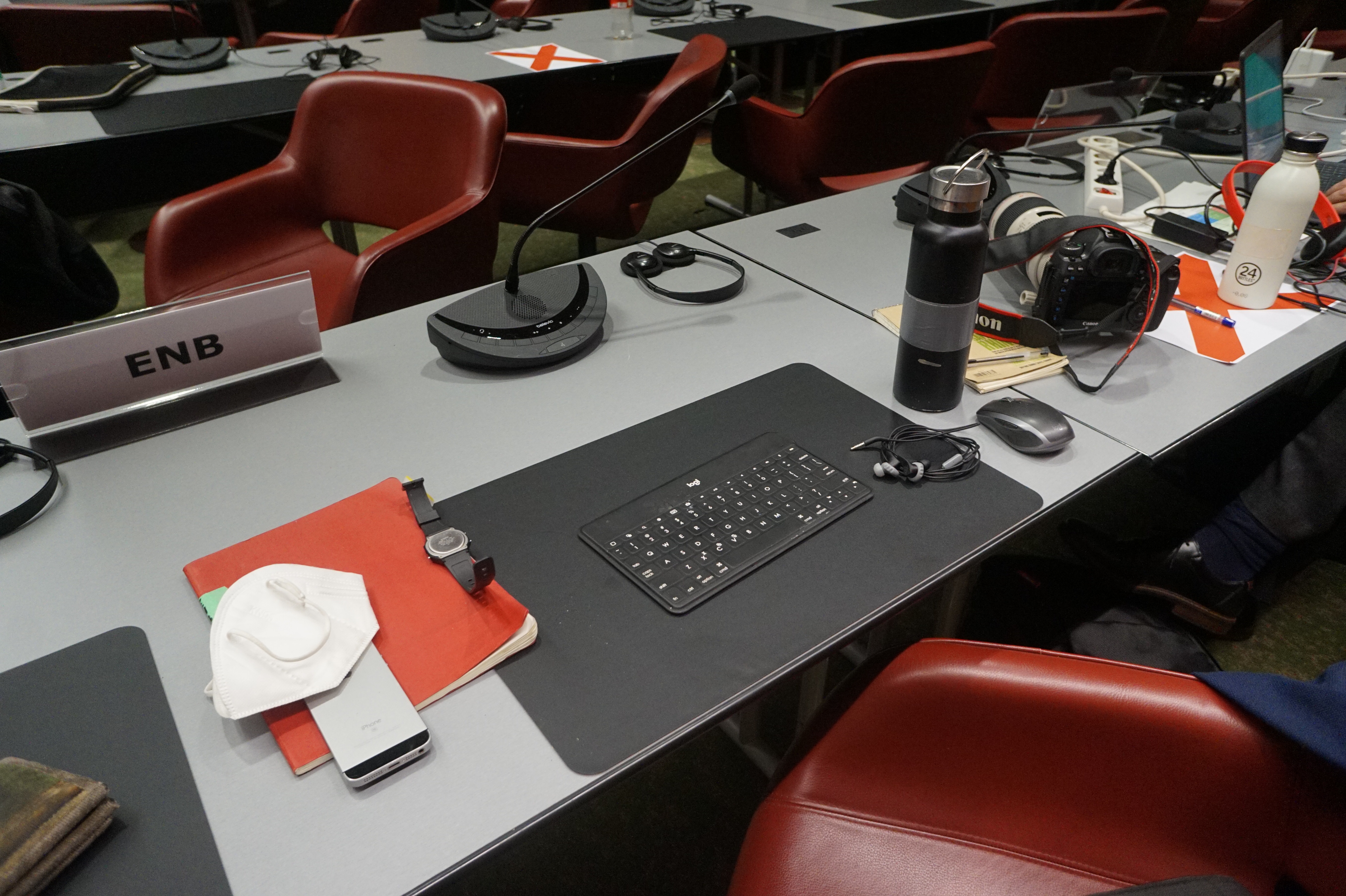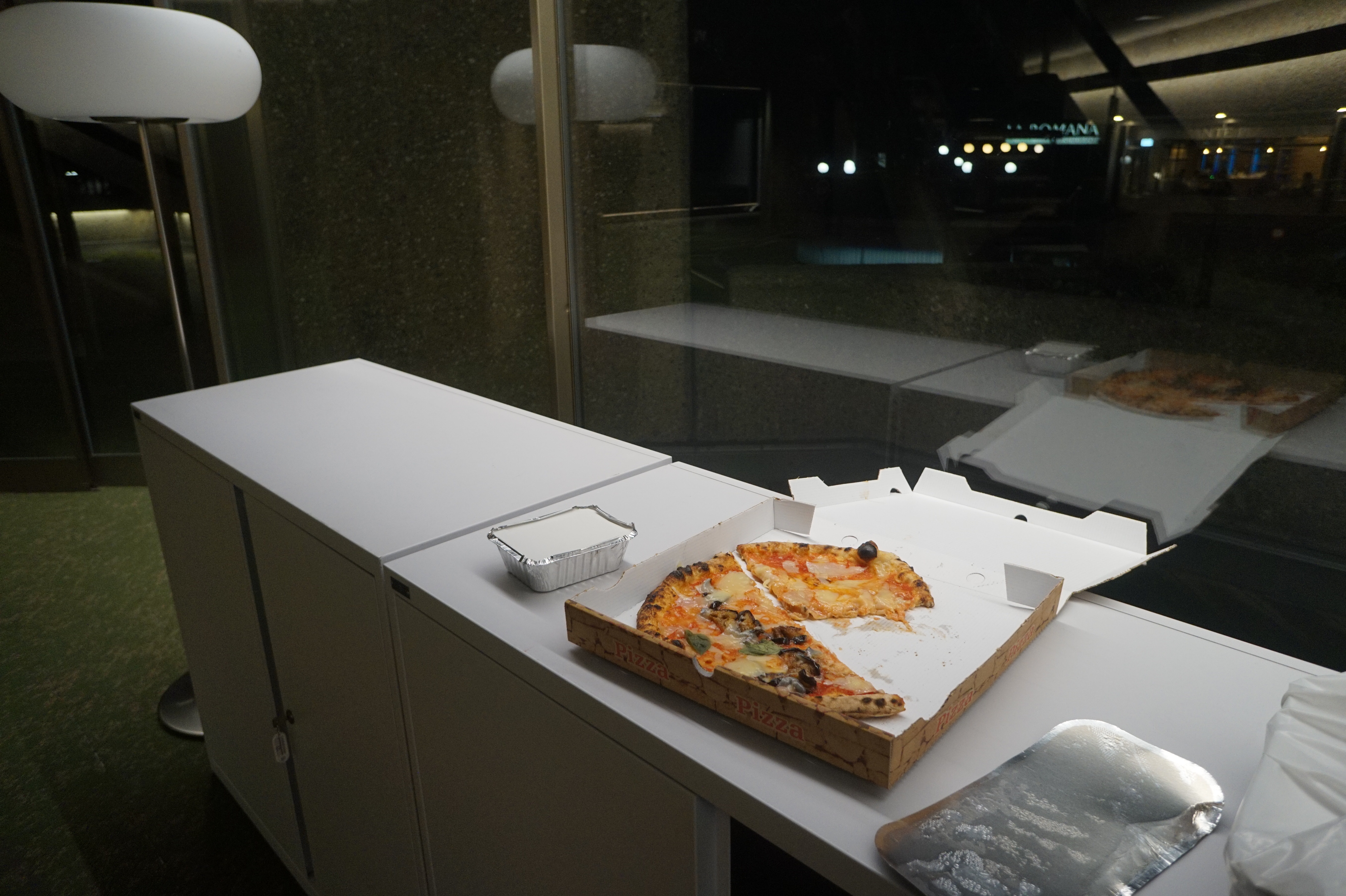[FMAL-04] Someone Just Tell Me When To Poop
Dear God, is it only Tuesday? My room is a dump. Our office is scattered. I am off my routine. I haven’t even made one yet. So let’s talk routines. Yeah, baby! Welcome to Fondue, and Maybe a Lake, where Bernard Soubry goes off the freaking rails about routines! Yeah! This is your fourth email!
—

A few years ago, my friends Sam and Oli and I got roped into being part of the road crew for this guy called Ray, who was going to ride the Race Across America. It’s an insane, truly hellish bike ride from Southern California to Maryland, ocean to ocean, no clock-stopping. A lot of people start it; not that many finish.
Ray was going to ride eighteen hours a day and sleep for six. A crew of six people, of whom I was one, would pick his clothes; feed him; tell him when to stop, when to poop, when to wake up and get back on his bike. If he needed a water bottle, one of us would drive ahead, get out, and hold a bottle for him to grab as he dropped the other on the road, just so he could keep riding.
Which seemed crazy to me until I realized that, in fact, the blanket of routine around which we had swaddled this ex-Apple-CFO-turned-cyclomaniac was the sanest thing in the whole bike race. If you are going to do an obvious crazy thing like bike across a whole country in two weeks, the truly intelligent thing to do is to remove every choice around you, down to what goes into your water and when to squat in the bushes. Just ride. Become the thing that does one thing, and only then will you have a chance of making it. That summer, I learned the power of the routine: not dreary tedium, no, but a crazy exoskeleton of the day that leaves you able to accomplish insane things.
So it is with long negotiations. Covering anything for more than a week in a UN space, you quickly realize, is as insane as any bike race. You work an average of twelve-hour days. You have to pay attention for hours at a time and turn around summaries of things that happened within the hour. You are sitting in a room with no windows, and the world outside that room is just more rooms, none of which have windows, either. Oh, and your hotel is likely an airport hotel, with—if you’re lucky—a cool fake-chalk painting of plants on the wall. This is the diplomatic equivalent of an Ironman. The only way I have found to survive it is this: do not try to decide anything. Make every choice ahead of time, and stick to it.
When I was on the Earth Negotiations Bulletin team covering the UNFCCC COP in Madrid, in 2019, my day would go like this--every day, for two weeks:
- Wake up precisely two hours before you have to be in the room. Stretch, vaguely.
- Eat breakfast at the hotel. Do not try to find other breakfast spots; you will hesitate and die of hunger before you even start. Also, it’s an airport hotel and there is no food around.
- Bike to the venue along an established route. Revive en-route through the life-giving power of pedalling. Enter venue, find your suit jacket and fancy shoes where you’ve placed them on your desk so that you physically cannot forget them.
- Cover meetings for four hours. If not taking notes, write up notes into summaries. If not writing into summaries, wander the halls and make conversation with people. This is not for fun; this is for the last bit of the bulletin, where we talk about what happens in the corridors. Be a leech, swimming for opinion and feeling to feed your young.
- Eat lunch. You have a wonderful person, a Logistics Coordinator, who has found this lunch for you. Be grateful and eat whatever has been brought to you so that you don’t have to stand in line at a cafeteria.
- Cover more meetings. Meetings end; edit the compiled bulletin, web page, and photo captions. If not doing this, try to play chess against Beate, your more experienced coworker. Get crushed.
- While editing bulletin, eat dinner. Again, it was brought to you; thank God and the LC, and chew.
- Publish bulletin. Ask how many days of negotiations are left.
- Exit venue well after dark, saying hi to the security guards so that they’ll be nice if you forget your pass (which you won’t, because you have physically secured it to your belt loop of your only pair of pants).
- Return to hotel. Stretch, vaguely. Read the only book you have brought, so that you have to concentrate on it, for 15 minutes before setting an alarm for precisely two hours before negotiations.
- Sleep the sleep of the dead.
And so on. And you know what? It worked. I did not have any original thoughts during those two weeks that didn't have to do with reporting or analyzing the meeting. This was not because I am very smart or good at concentrating: it was because I had a system, and that system was not having any choice but to do my job.

The problem is that building the routine requires an initial choice—the one that sets everything up. When I was with Ray, we had a whole day in San Diego to sit down and talk about what to do when he had violent hallucinations (answer: redirect anger at road, urge him to pedal faster).
But in Geneva, I’ve only been working two days. Which is how we all ended up eating pizza at ten o’clock at night, my white shirt hanging in the bathroom with borrowed carpet cleaner on the stain, my neck wrecked from bending at my laptop all day because I forgot my laptop stand at the hotel. The routine is not quite there yet. But we get organized, day by day. We’ll get there, one way or the other: triumphantly and half-healthily crossing the final plenary line or, like Ray, medevaced to Escondido after a failed inner tube brought him crashing to the ground in the mountains out of Nevada*. (Come to think of it, I think we had a bunch of pizza then, too. Fine either way!)
But man. Give me that sweet, sweet, routine, nectar of the well-organized. Tonight, my clothes are set out and my bag is prepacked. And tomorrow will be a better, kinder, choiceless day.
Night night.
B
*Ray was fine! He’s still doing Iron Mans. He’s, like, almost 70 now. He will never die.